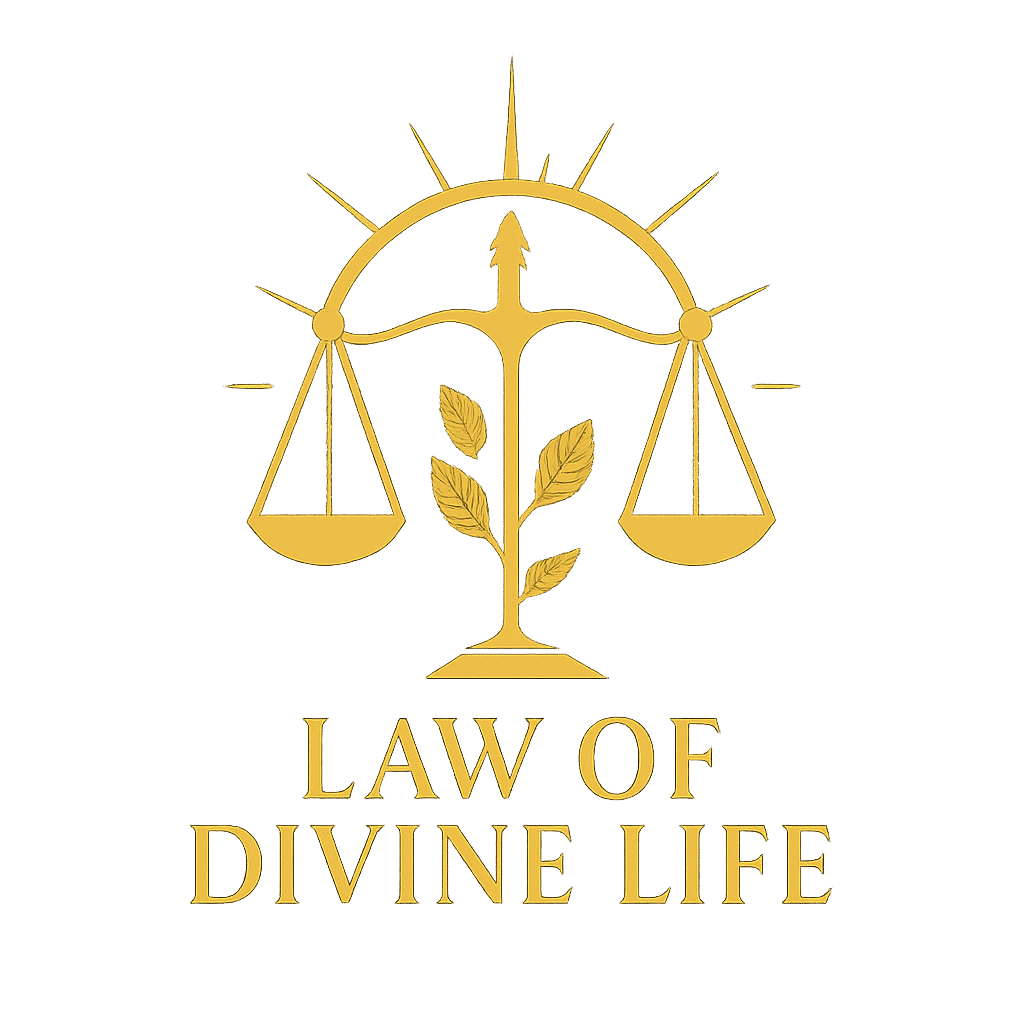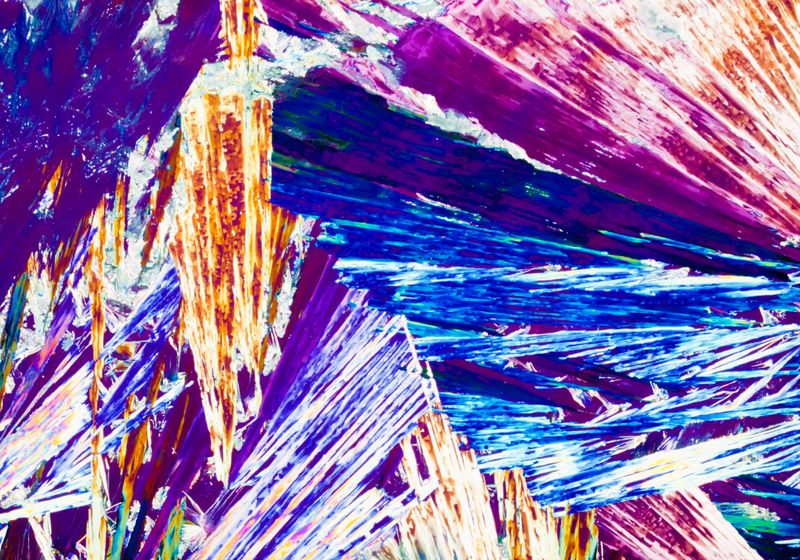Does Sunlight Make Us Happy? It’s Complicated, Say Researchers

Many things could influence people’s moods—one of them is light.
As long summer days shift into the short, dark days of winter, people can start to feel a little gloomy too. “It’s clear that there’s a strong association between light and mood,” said Louis birda neurologist at the University of California, San Francisco.
Louis Ptáček is a neurologist at the University of California, San Francisco. He studies the genetic bases for human circadian regulation.
Louis bird
The kind of light matters too. “Sunlight is the best,” Ptáček said. Light from the sun is one of the brightest lights to which humans are exposed. Sunlight is also “broad spectrum” in that it contains a wide range of wavelengths, and studies suggest that broad-spectrum bright light can be helpful in treating depression.1
But how does light affect people’s moods, and how do changing seasons play into this relationship?
Light Manages Mood Through the Body’s Internal Clock
Light regulates mood via the circadian rhythm, the body’s internal clock, so the timing of when people are exposed to light is also important, said Daniel Forgera mathematician at the University of Michigan.
“Our circadian rhythm processes sunlight into time,” Forger said. “There are other environmental cues that could signify time, like temperature, but I think in humans, or animals, the most important signal is light.”
Daniel Forger, a mathematician at the University of Michigan, studies how the circadian rhythm regulates mood.
Daniel Forger
Light from the environment regulates the expression of “clock genes” in the neurons of animals—from mammals to fruit flies.2-4 These clock genes, in turn, act as pacemakers that keep track of time during the day and as seasons change. Using this system, animals can synchronize both their daily activity cycles and seasonal adaptations with the level of light in the environment.5
Forger said, “Just saying that I got 10 times as much light without worrying about what time it is, is not going to help with (mood regulation).”
In a recent study involving over 2,000 individuals, Forger’s team reported a strong correlation between circadian rhythm disruption and mental health disorders, namely depression and anxiety.6 “I think what really affects a lot of people’s happiness, or what really degrades (it) at times, is when a part of the body is saying, ‘Be awake right now,’ while another part says, ‘Be asleep right now,’” Forger said. He also worries that artificial light sources, such as lamps, computers, and smartphones, which people can turn on or off at any time of day, could be confusing people’s internal clocks as well. “We have, through evolution, inherited a system that’s timing dawn and dusk, and over the past 100 years or so since Edison, our system’s getting very, very mixed signals,” he said.
Humans Are Seasonal Creatures
According to Forger, seasonality also plays an important part in the relationship between light and mood. He thinks that both insufficient sunlight and desynchronized internal clocks likely contribute to mental health issues that are associated with season changes. Ptáček agreed, “Absolutely, humans are seasonal creatures. We have survived as a result of our genetic lines being able to accommodate light changes.” He thinks that all humans are equipped with some extent of behavioral and metabolic capacities to adapt to seasonal cues, although people who live in different parts of the world may vary in how sensitive they are to seasonal changes.
In 2016, Ptáček discovered that mutations in PER3, a circadian clock gene, made some people more susceptible to seasonal affective disorder (SAD), a mood condition where depression tends to kick in during the colder and darker months.7 “It’d be interesting if PER3 turned out to be a good target for some novel kind of antidepressant, but there’s still a lot that we don’t understand (about the gene) and much more work needs to go into studying it,” Ptáček said.
What About Summertime Sadness?
There are reports of people who experience the opposite of SAD, but according to Ptáček, this association is much less clear. “Those people could absolutely exist, but we as clinicians haven’t recognized patterns associated with groups of people who are really happy in the wintertime and tend to get very sad during the summertime,” he said. Both Ptáček and Forger noted that other reasons, such as genetics, family history, break-ups, or deaths, could also explain why some people get sad when the sun is out.
“Mood is very, very complicated, and it’s affected by so many things,” Ptáček said.
Forger added, “Believe me, if it was as simple as you turn on the light and you’re happy, we’d all just be staring at one.”




